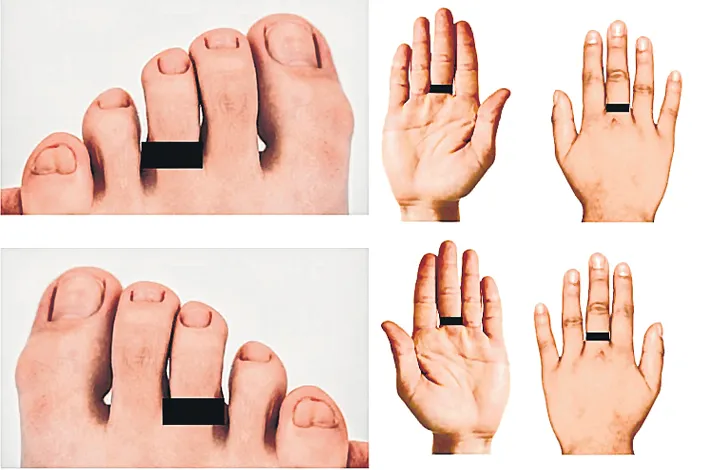Managing uterine fibroids
05-05-2025 12:00:00 AM

Uterine fibroids are common growths that appear in the uterus. It's important to know that fibroids are not cancer. They rarely interfere with pregnancy and often grow slowly, if at all. After menopause, when reproductive hormone levels decrease, fibroids tend to shrink. Sometimes, fibroids are found by chance during a routine pelvic exam. Your doctor might notice changes in the shape of your uterus that suggest fibroids are present.
Symptoms
Many people who have uterine fibroids experience no symptoms at all, or only mildly annoying ones that they can easily manage. In these cases, "watchful waiting" might be the best approach. For those who do have symptoms, they can include issues like heavy menstrual bleeding and pelvic pressure. Medicines are available that target hormones controlling the menstrual cycle and can help treat these symptoms.
Treatment
There is no single best treatment for uterine fibroids, and many options exist. If you have symptoms, discussing ways to get relief with your doctor is key. As mentioned, watchful waiting is an option for those with no or mild symptoms, and medicines can help manage symptoms like heavy bleeding.
Acupressure
Studies have shown that acupuncture may help when used alongside your main medical treatment. You could also try Ayurveda acupressure. This involves placing methi (fenugreek) strips around the middle joint of the middle fingers and the middle joint of the middle toes on both hands and feet. The seeds should be changed daily because they lose their effectiveness after 24 hours, and the treatment is repeated until the problem resolves.
Disclaimer: The content provided here is for informational purposes only and does not substitute professional medical advice.








